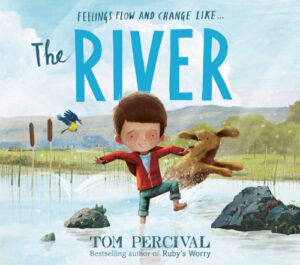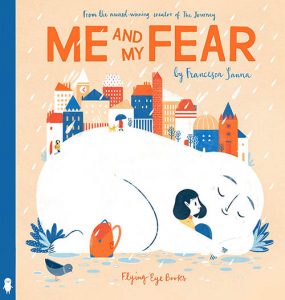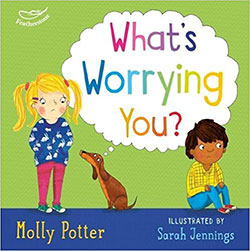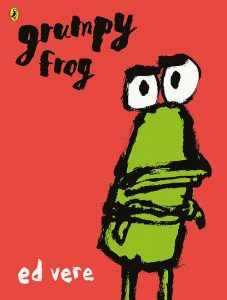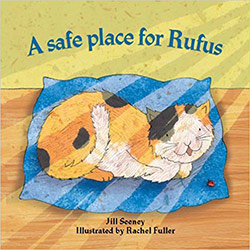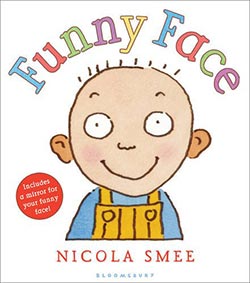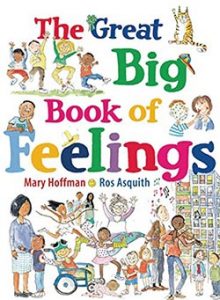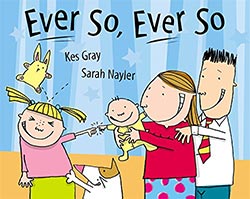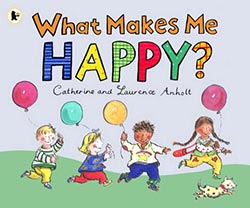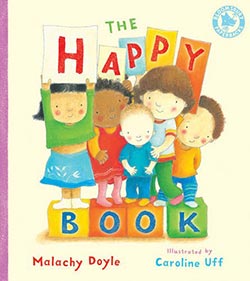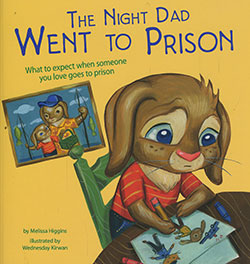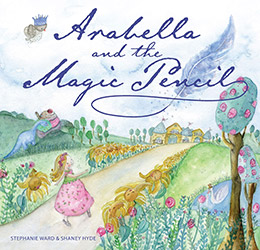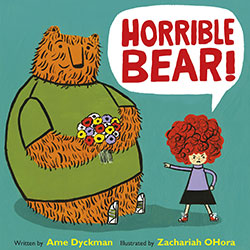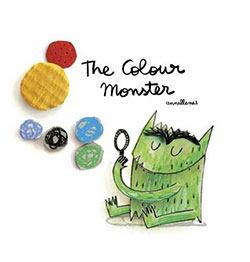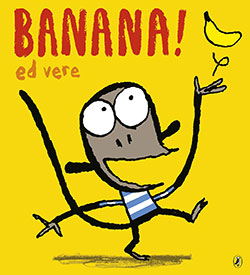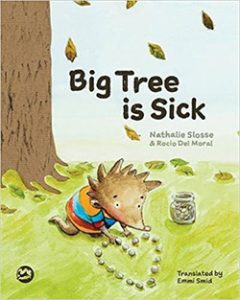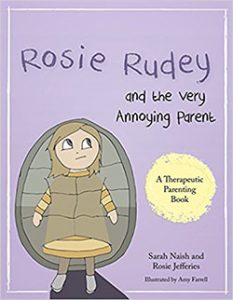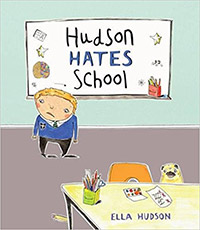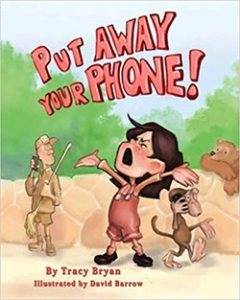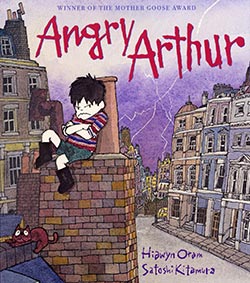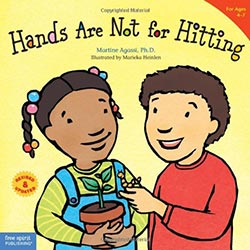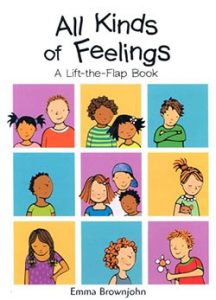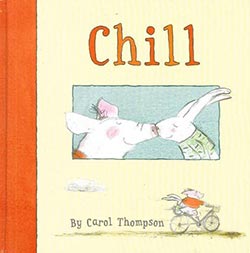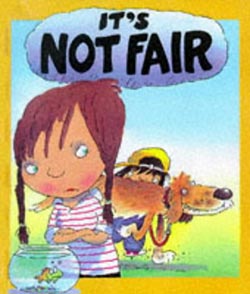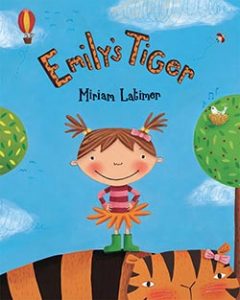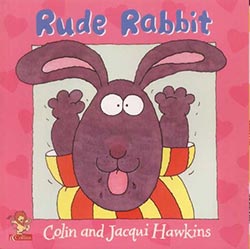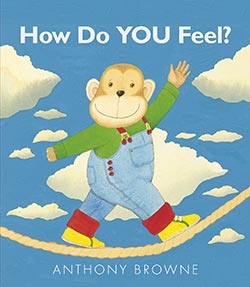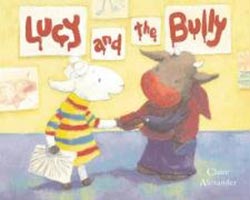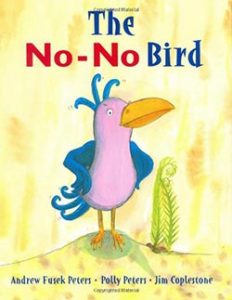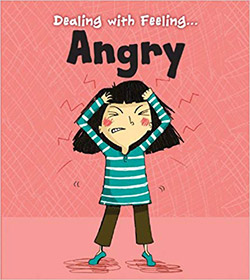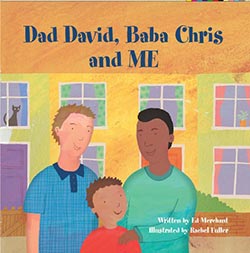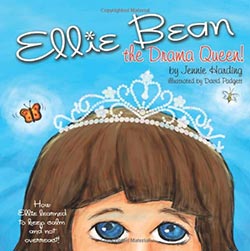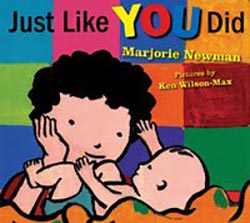Picture books tagged with: anger
Charlie and the Dog Who Came to Stay: A Book About Depression
This gentle and reassuring story should chime with any young child who is living with depression, whether it is themselves or someone else who has been affected by it. A useful tool to help children to understand depression and how it can change people's feelings and behaviour, containing practical non-preachy guidance and coping strategies.
Me and My Fear
What’s worrying you?
Grumpy Frog
A Safe Place for Rufus
Funny Face
The Great Big Book of Feelings
A child struggling with negative emotions may find great comfort in this sympathetic, entertaining and reassuring book which explores many different feelings: happy, sad, excited, bored, interested, angry, upset, calm, silly, lonely, scared, safe, embarrassed, shy, confident, worried, jealous and satisfied.
Ever So Ever So
What Makes Me Happy?
The Happy Book
The Most Magnificent Thing
The Night Dad Went to Prison: What to Expect When Someone You Love Goes to Prison
Arabella and the Magic Pencil
Horrible Bear!
The Colour Monster
Banana!
Hortense and the Shadow
Big Tree is Sick
Rosie Rudey and the very Annoying Parent
Children who have had a difficult start in life, who are finding it hard to adapt to life within a new family, may benefit from this book. Children in other situations who are struggling with emotional and behavioural issues may identify with Rosie in the book, and, with the guidance of a parent or other trusted adult, may be able to take the first steps to improving their situation.
